Movement to Support a Healthy Lifespan
- Blog
- Movement to Support a Healthy Lifespan
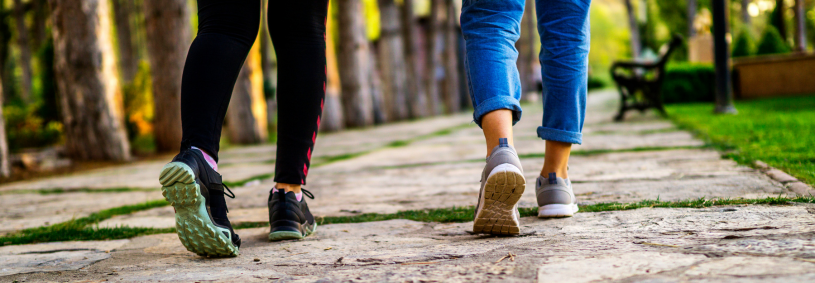
Types of Movement That Support Healthy Ageing
As we age, staying active becomes more important than ever—not just for looking good, but for feeling good and living well. The good news? You don’t need to run marathons or lift heavy weights to reap the benefits. A balanced mix of movement can keep your body strong, your mind sharp, and your energy levels high. Here are three types of movement that support healthy ageing:
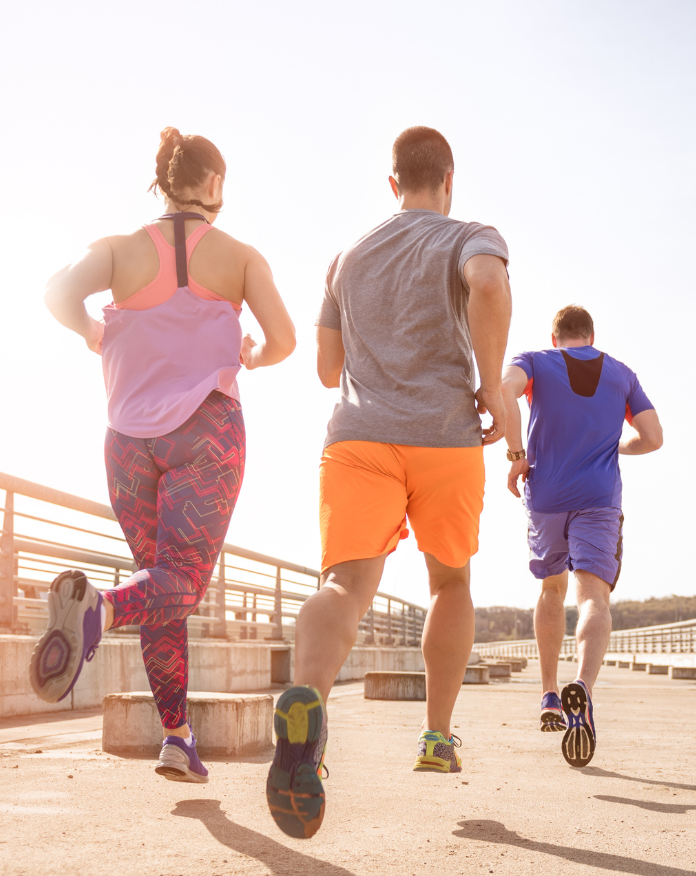
Cardio: Keep Your Heart and Lungs Happy
Aerobic exercise is anything that gets your heart pumping and your breath a little heavier. Think brisk walking, swimming, cycling, or dancing. These activities improve cardiovascular health, boost mood, and help manage weight. Aim for at least 150 minutes of moderate-intensity aerobic activity each week—about 30 minutes a day, five days a week. If that feels like too much, start with what you can manage and build up gradually.
It’s really important if you haven’t exercised regularly to go low and go slow. Build up gradually and minimise the aches and pains. For example start with one lap of the block and gradually build up in increments to doing it twice a day or three times a day. Then start to push it to two laps. As little as 4,000 steps a day will support your health.
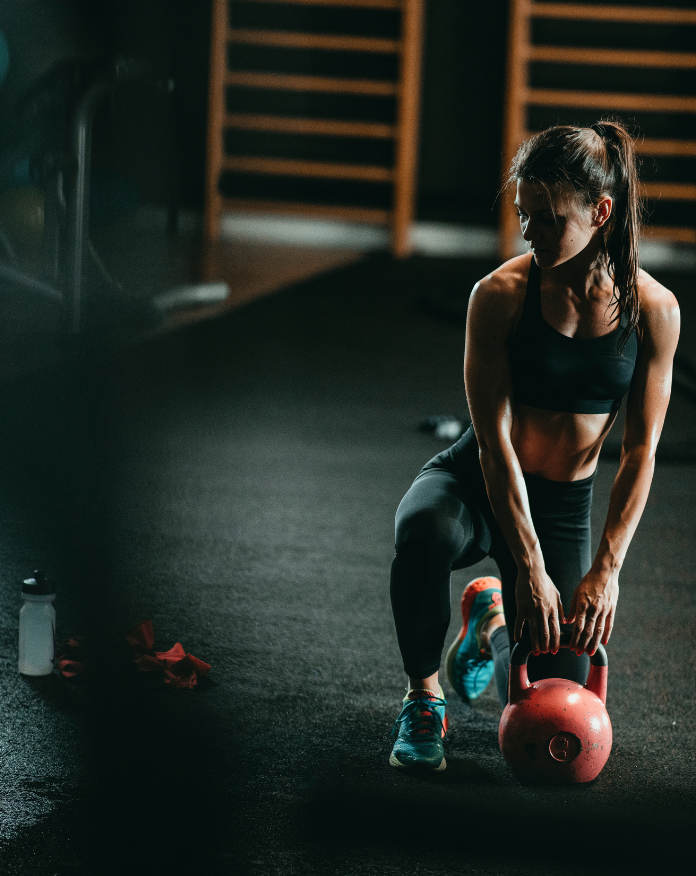
Strength Training: Build Muscle, Boost Metabolism
As we age, we naturally lose muscle mass, which can affect balance and mobility. Strength training helps counteract this by building muscle, improving bone density, and enhancing functional strength. You don’t need a gym membership—simple bodyweight exercises like squats, lunges, and push-ups, or using resistance bands, can be done at home. Aim to include strength training exercises at least two days a week, focusing on all major muscle groups.
Muscle mass burns more kilojoules and so assists with healthy weight balance as well.
Exercises like squats are great for blood sugar balance as well. Doing a set of squats after meals can gradually assist in moving glucose out of the bloodstream and into storage plus maintaining stable blood sugar helps maintain energy levels for longer.
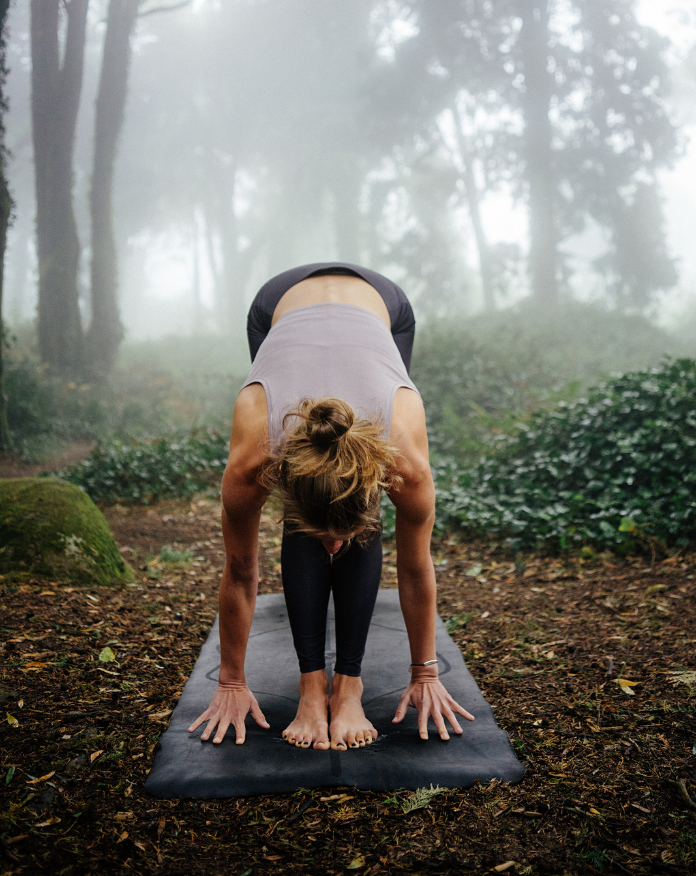
Balance and Flexibility Exercises: Stay Steady and Limber
Maintaining balance and flexibility is crucial for preventing falls and maintaining independence. Activities like tai chi, yoga, or even simple balance exercises (like standing on one leg) can improve coordination and flexibility. These exercises also help reduce stress and improve posture, contributing to overall well-being. Incorporate balance and flexibility exercises into your routine several times a week.
An easy way to start is to habit stack. Add a balance activity to something you are already doing. Teeth brushing for example is a great time to practice standing on one leg whilst you brush and another whilst you floss!
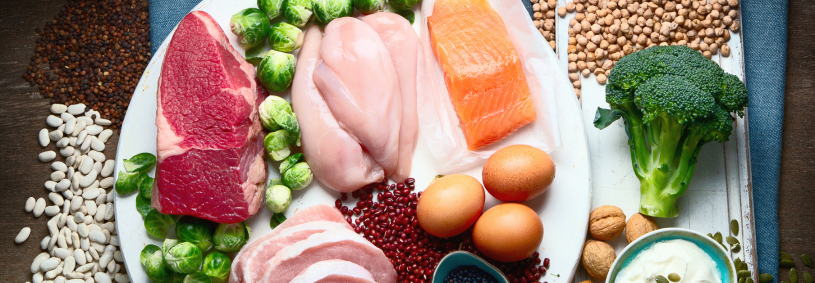
Dietary Support
Importantly when working on building strength and muscle mass its critical to be consuming enough protein in the diet to support the process. Protein sources can include animal proteins such as beef, pork, lamb, fish, duck and chicken as well as plant based proteins such as legumes like chickpeas, lentils and beans and tofu and tempeh.
When you are trying to increase muscle mass you want to increase your consumption of protein to around 1.5g per kilo of desired weight. For example a small woman who want to increase muscle mass and gain weight to say 60kg should be consuming the equivilant of 90g of protein daily. Most protein based foods will actually contain around 20-25% protein so this could look like 2 eggs at breakfast, a small can of tuna at lunch and a 200g steak at dinner. Protein is also found in cereals in much smaller amounts and vegetables like broccoli so these can all gradually add to the total.
Once you have gained the muscle mass you can drop back to around 1g per kilo per day for maintenance.
Overall remember, the key is consistency and finding activities you enjoy plus having the support of adequate protein in the diet. Whether it’s a morning walk, a dance class, or a yoga session, staying active in ways that feel good to you will help you extend your healthspan.
More about the author
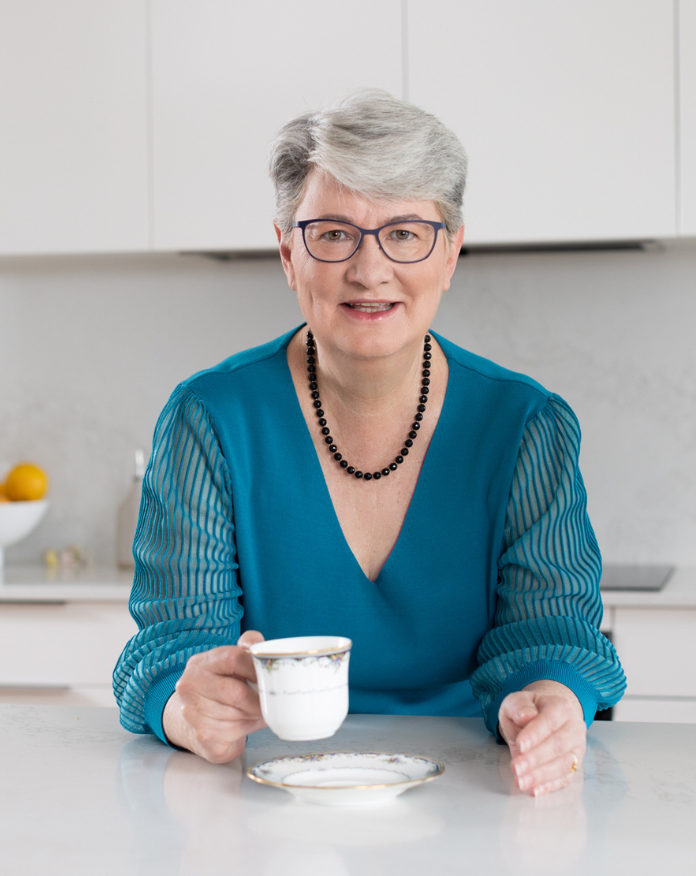
Christine Pope
Christine Pope holds a Bachelor of Commerce, Bachelor of Health Science and Advanced Diplomas in Homeopathy & Nutrition. Christine practises as a Naturopath and Nutritionist in her multi-modality clinic, and taught at Nature Care College for nearly a decade. Prior to her career in natural medicine, Christine spent 20 years in Investment Banking and Venture Capital specialising in risk management and analysis of business.
Other Blog In This Category

Prime Medic Group issued infringement notices for alleged unlawful advertising of weight loss medicines.
